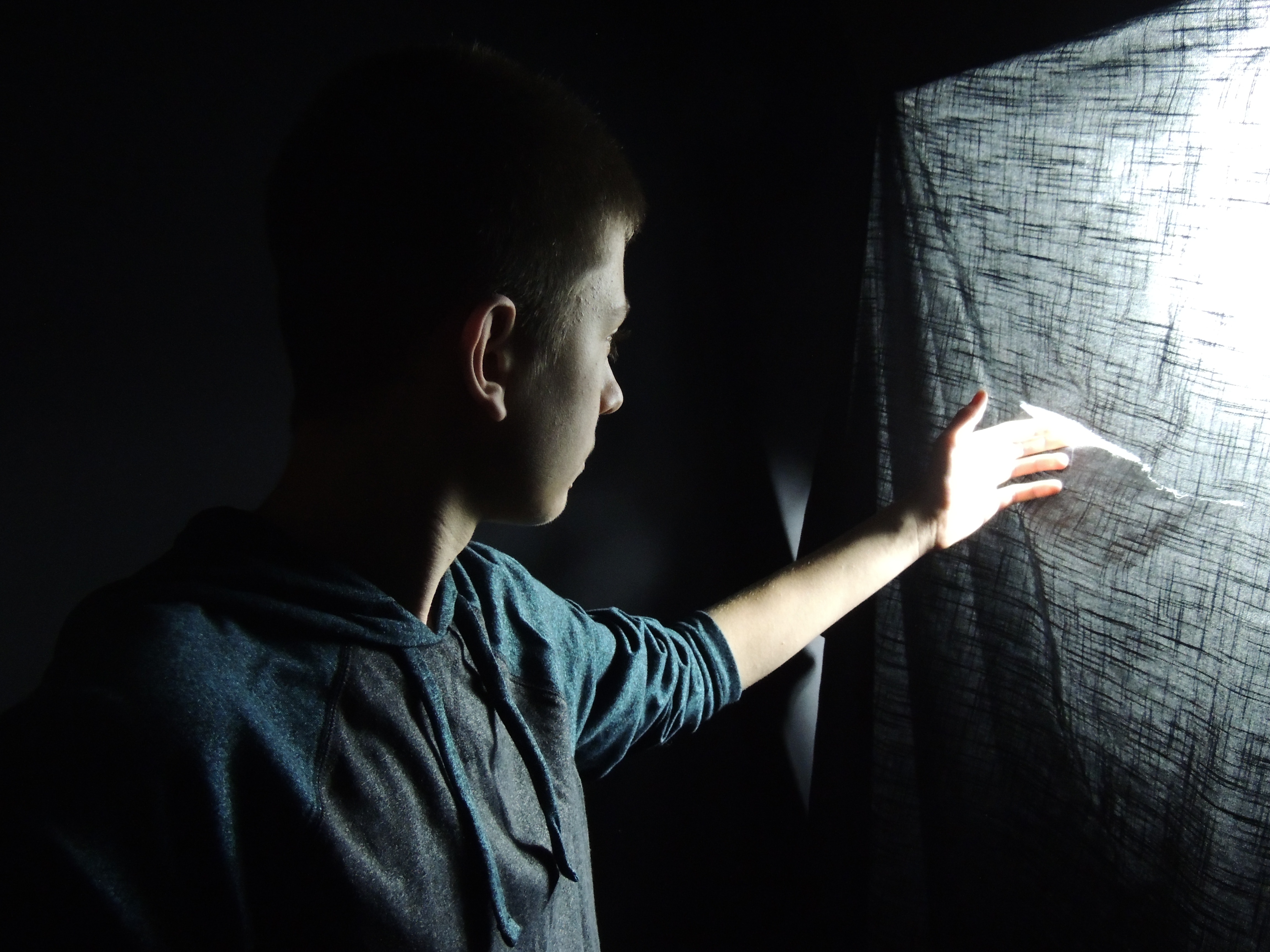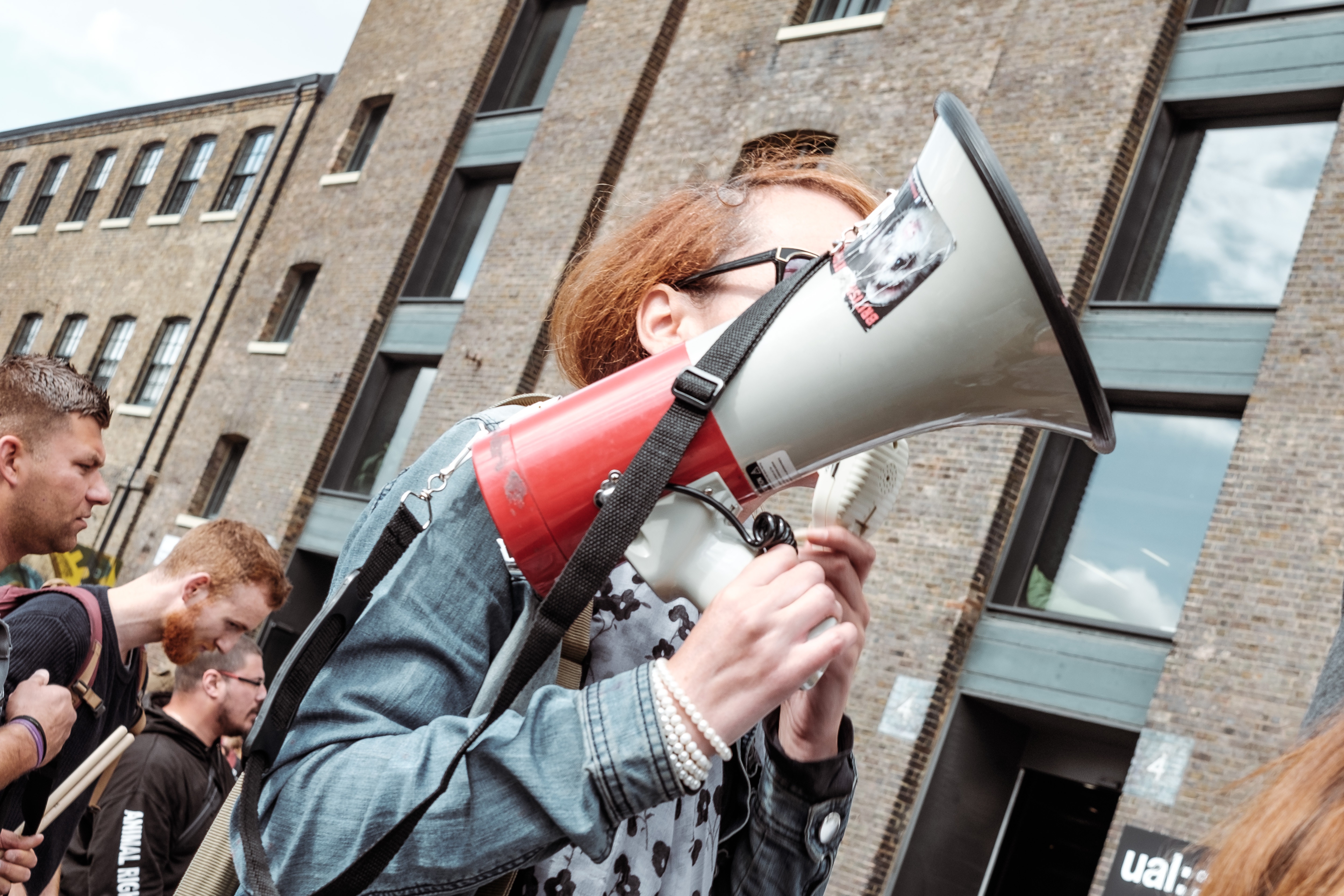”Let our voice be heard” – an annual work plan co-funded by the European Youth Foundation of the Council of Europe and the Erasmus+ Programme of the European Union.

Between 2018 and 2021 MIJARC Europe is leading its work around three thematic focus points described in the Specific Objectives adopted by the General Assembly back in 2017. The work plan we run in 2019 addressed MIJARC Europe’s commitment to support citizenship and youth participation in rural development.
Through the work plan we run in 2019 we aimed to help rural young people in MIJARC Europe network and beyond feel that they have the right, the means and the skills to drive change at local level and to motive other stakeholders to support their ideas and create opportunities for youth participation together.
We wanted young people to feel that they know, they can, and they want to be involved, to be able to imagine the concrete, sequential steps towards achieving real impact and to identify how to determine local authorities to join their initiatives in order to see those changes they envision, happen in reality.
This aim was pursued through the following specific objectives:
O1: enable young people from rural areas to discriminate between self-imposed barriers to participation (their own perceptions, stereotypes and attitudes) and real barriers and find inspiration to identify solutions to both types of barriers;
O2: teach young people how to communicate with, involve and ask for support from local authorities and perceive them as partners rather than opponents;
O3: empower young people from rural areas to become competent and effective digital citizens;
O4: contribute to the implementation of the principles of the Revised Charter on participation of young people in local and regional life and to the dissemination of the “Have your say manual” to local public authorities and youth NGOs in at least 10 rural areas in Europe.
PHASES
The work plan included one local activity and two international activities, reinforced by follow- up activities at local level.
From February to April 2019, MIJARC Europe organized focus groups, called “local visits” in 9 different countries in Europe. Small groups of 10 to 20 people aged from 12 to 22 years old came together, sometimes also with representatives of local authorities, to discuss the topic of youth participation.
Questions like “what does youth participation mean?”, “what kind of youth participation does take place?”, “does real participation take place?”, “how young people are involved, do they have a real chance to participate and co-decide?” have been deeply discussed with the help of the manual “Have your Say”. The manual Have your Say is a tool of the Council of Europe for young people and local authorities to implement and use the Charter on youth participation in the local and regional life. The findings of the local visits were included in a report and illustrated in country fact sheets. The results of this small scale research were at the basis of the next two phases.
Report on the state of youth participation – local visits
Info graphics – country fact sheets
The second activity was an international seminar, which gathered 40 young people, for four full working days. It had the role to bridge the results of the fieldwork done by MIJARC Europe during the local visits with the theoretical and practical aspects of the participation at local, national, regional and European lever by involving active members in a proactive learning process.
The seminar was designed and led based on the methods of non-formal education and relevant approaches using the Revised European Charter on the Participation of Young People in local and regional life and the “Have your say” Manual. The successful implementation of the seminar resulted in a magazine of personal stories of participation written and drawn by the participants, the creation of vlogs and of three infographics. The final evaluation results show that the seminar scored high in the hearts and minds of the participants. The percentage of those who believe that they got the basic theory, practical approaches and tools, to help them to build a culture of participation after the seminar is about 92%.
Digital magazine “My story of participation”
Vlogs – https://www.youtube.com/user/MIJARCEurope/videos
Info-graphics
The seminar was complemented by the third phase, an international training course on e- citizenship that offered additional tools and ideas to tackle the problems identified in the first phase. The training course aimed to bring the participants closer to e-participation. The participants were encouraged to build their own positions for different topics related to participation and e-participation and they had a possibility to present and discuss in a safe learning environment.
They had a possibility to address their comments and questions to Dirk Van Eeckhout, the Thematic Coordinator on Information Policy in the Council of Europe and Rita Jonusaite, part of the secretariat of the YFJ. That was a highly valuable experience that helped the participants to meet stakeholders, gain self-confidence and resilience breaking the present barriers. The participants worked together in intercultural subgroups in order to solve practical case studies through the e-participation tools they have discovered.
The most impressive result of the training course was the set up of an online campaign “Every Breath we take” the participants used to raise awareness on the fires in the Amazon and climate injustice. The campaign worked as a Facebook challenge in which young people were challenged to take a photo of themselves with their eyes closed, taking a deep breath along with the written message: “Our common home is on fire. The Amazon is burning. We cannot hold our breath until you finally take action. We need to act NOW!”. It also included four calls to action and messages inspired by the position papers of MIJARC Europe such as: “We demand national governments to take concrete actions to meet their commitments to the Paris agreement”. The campaign gathered more than 100 people who took a photo of themselves, posted the photo along with the message on their Facebook profile and challenged their friends
Training booklet on e-participation
Finally, each organization involved did a follow-up activity of their choice, involving a minimum number of 10 participants. The full list of follow-up activities can be seen here.
Follow-up activity in Bulgaria
Follow-up activity in Germany
Follow-up activity in Romania
The results of the work plan were also presented and promoted in our biannual magazine: MIJARC Explore.
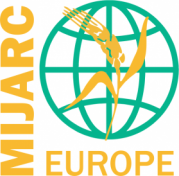
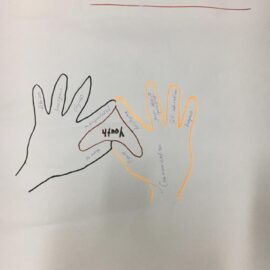
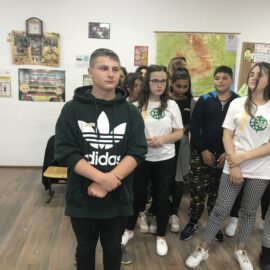
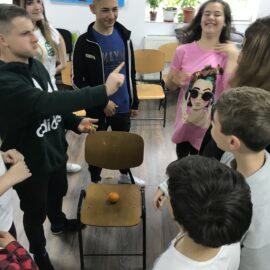
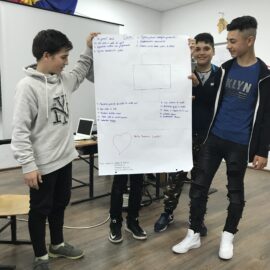
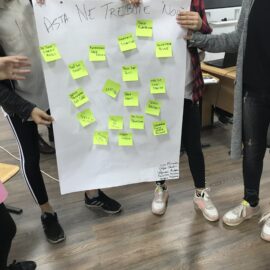

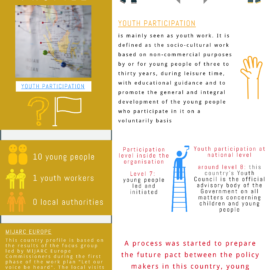
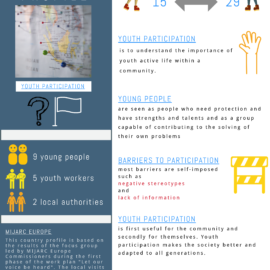
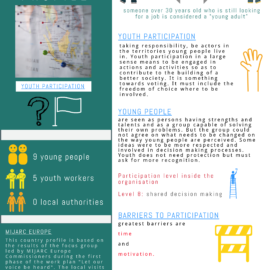
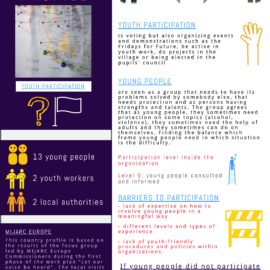
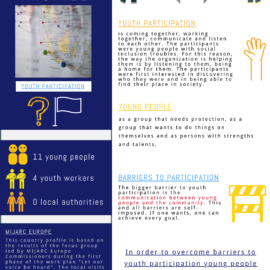
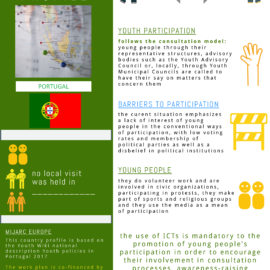
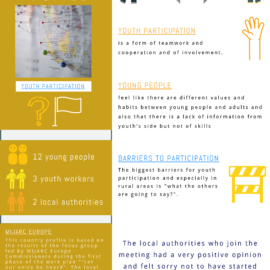
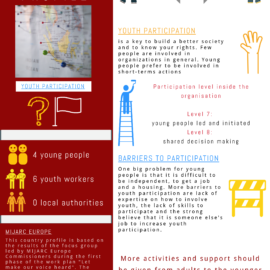
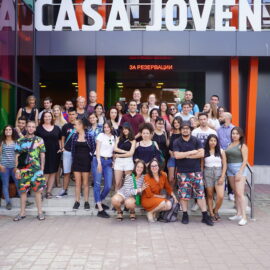
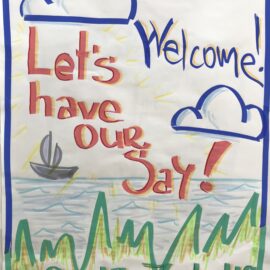
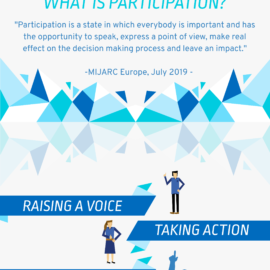
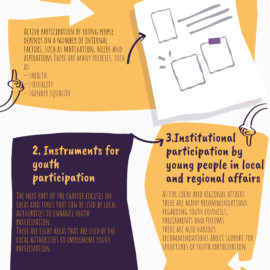
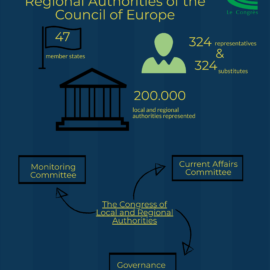
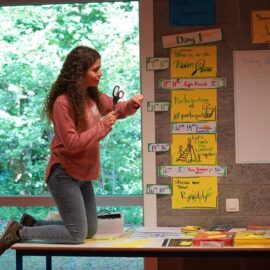
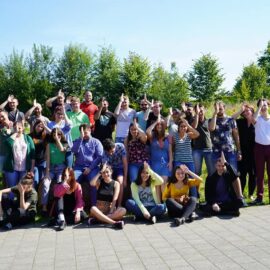

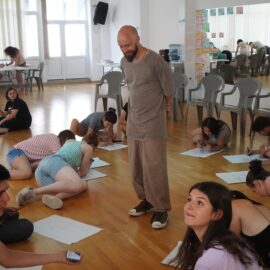
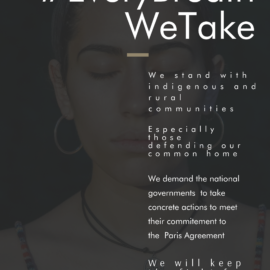
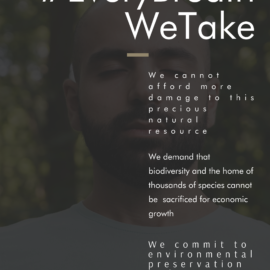
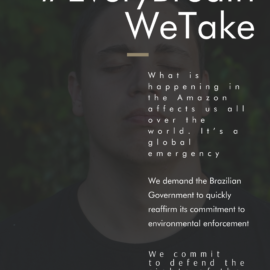
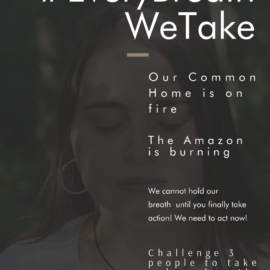
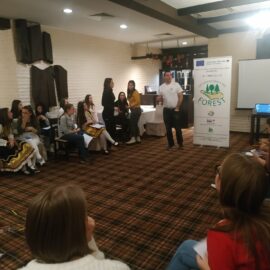
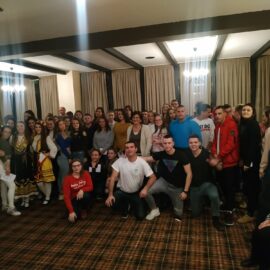
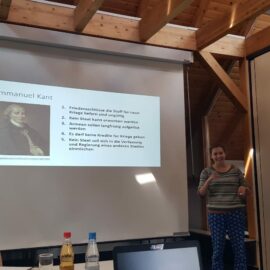
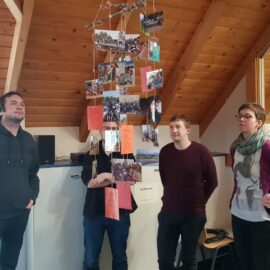
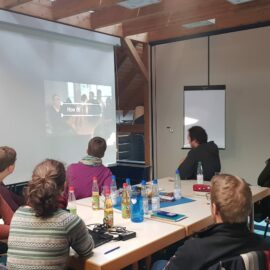
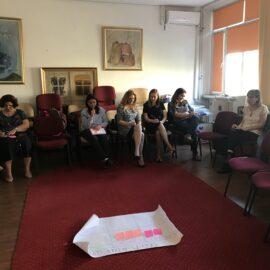
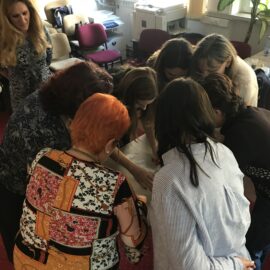

 An article written by:
An article written by: